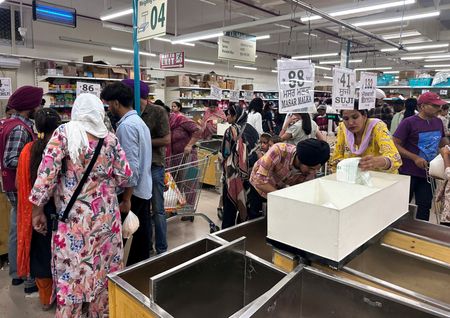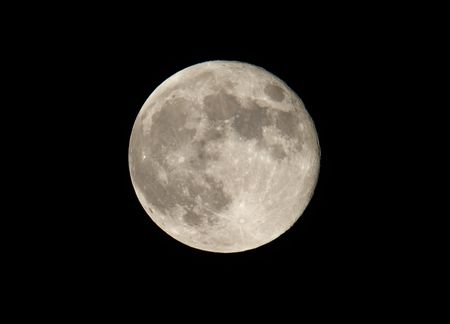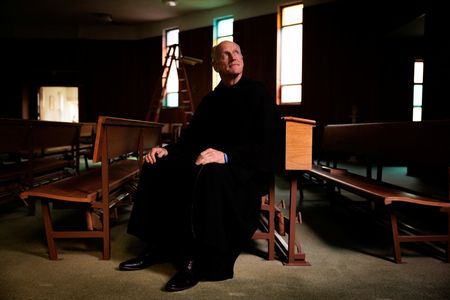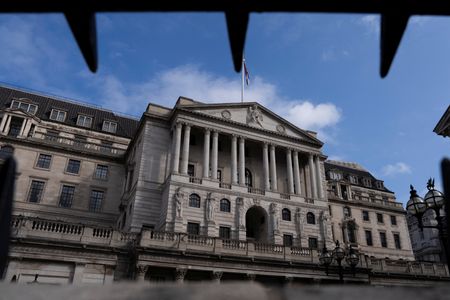By Mubahsher Bukhari, Tariq Maqbool and Saurabh Sharma
LAHORE/MUZAFARRABAD, Pakistan/AMRITSAR, India (Reuters) – Residents across Pakistan and India rushed to stockpile foods and other essential supplies, while families living near the border fled to safer areas, as armed clashes between the nuclear-armed nations escalated on Friday.
India and Pakistan accused each other of launching new military attacks, using drones and artillery for the third day, in the worst fighting between the two countries in nearly three decades.
The conflict erupted after India struck multiple locations in Pakistan on Wednesday that it said were “terrorist camps”, in retaliation for a deadly attack on Hindu tourists in Indian Kashmir last month.
In the Indian state of Punjab, Amanpreet Dhillon, 26, said many families in his village — just 13 km (8.08 miles) from the border with Pakistan — have already sent women and children to safer areas.
“I am also contemplating it… I’m afraid my village could be next,” he said.
In Indian-administered Kashmir’s Uri district, residents said many fled overnight after several houses were struck by shelling, some taking shelter behind rocks or in bunkers.
“We have never seen such intense shelling in our life. The majority of the people fled the town and other villages as soon as shelling started last night with some taking shelter in underground bunkers,” said Bashir Ahmad, 45, in the town of Baramulla in Uri. “It was a nightmare for us.”
In the Pakistani city of Lahore, which lies near the border, residents were shaken on Thursday by drones that Pakistan said were launched by India and were shot down in the city, setting off sirens and leading the U.S. consulate to tell its staff to shelter in place.
Schools were closed on Friday and residents and shopkeepers said Lahoris were stocking up on food, gas cylinders for cooking and medicine, prompting authorities to issue a notice warning businesses not to artificially increase prices.
“I have stocked grocery for a month: we got meat, flour, tea, oil lentils etc and also drew extra cash from bank,” said Aroosha Rameez, 34, a Lahore resident.
Muhammad Asif, 35, said his pharmacy had seen an influx of customers.
“People in Lahore have started stocking medicines as well, which may lead to shortages of paracetamol, anti-allergies, antibiotics, blood pressure and diabetes medicines,” he said.
Food delivery app FoodPanda, popular in Pakistan, said it had seen a surge in grocery orders nationwide.
Across the border, India’s Consumer Affairs, Food, and Public Distribution minister warned against panic buying of food grains.
“We currently have stocks many times higher than the normal requirement—whether it is rice, wheat, or pulses…There is absolutely no shortage,” he said.
Pankaj Seth, a resident of Amritsar in India’s Punjab state, said people felt they had no choice: “We do not know if the markets will open tomorrow or not…I have children and grandchildren at home so I have to stock up.”
Some residents of border regions were also requesting relatives to bring them supplies as prices rose.
“My aunt lives in Attari and has asked me to get some flour for her as supplies are getting expensive there,” said Navneet Kaur, a nurse in Amritsar, 30 kilometres (19 miles)away, who was travelling to the town with a sack of flour.
FLEEING AT NIGHT
Residents of Kashmir near the line of control that divides the region faced a more stark and immediate threat.
Residents said they were starting to leave their villages and spend the nights, when shelling and firing roars through the valleys, in bunkers.
The prime minister’s office in Pakistan-administered Kashmir said over 400 people had been evacuated by authorities in two areas near the line of control.
“Ever since the attack (Indian strike) in Muzaffarabad, we have been living in our bunker, which we carved into a nearby rocky mountain,” said Manzoor Ahmed, 43, a resident of Jura Bandi village in the Neelum Valley, where local police confirmed most people were spending the night in bunkers.
(Reporting by Mubasher Bukhari in Lahore, Tariq Maqbool in Muzaffarabad, Saurabh Sharma in Amritsar, Fayaz Bukhari in Srinagar, Jose Devasia in Kochi, and Ariba Shahid in Karachi; Writing by Charlotte Greenfield and Sakshi Dayal; Editing by Sharon Singleton)














